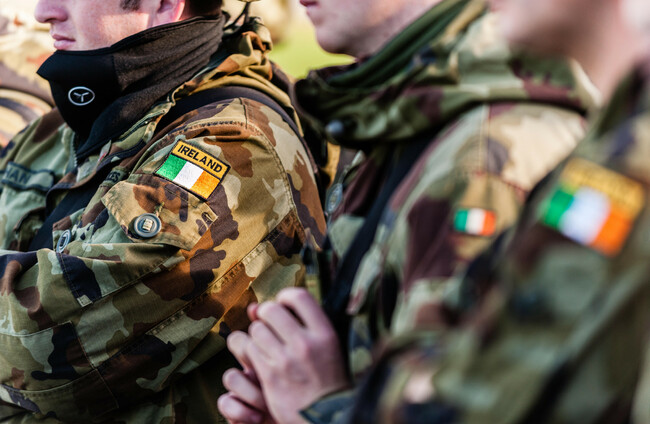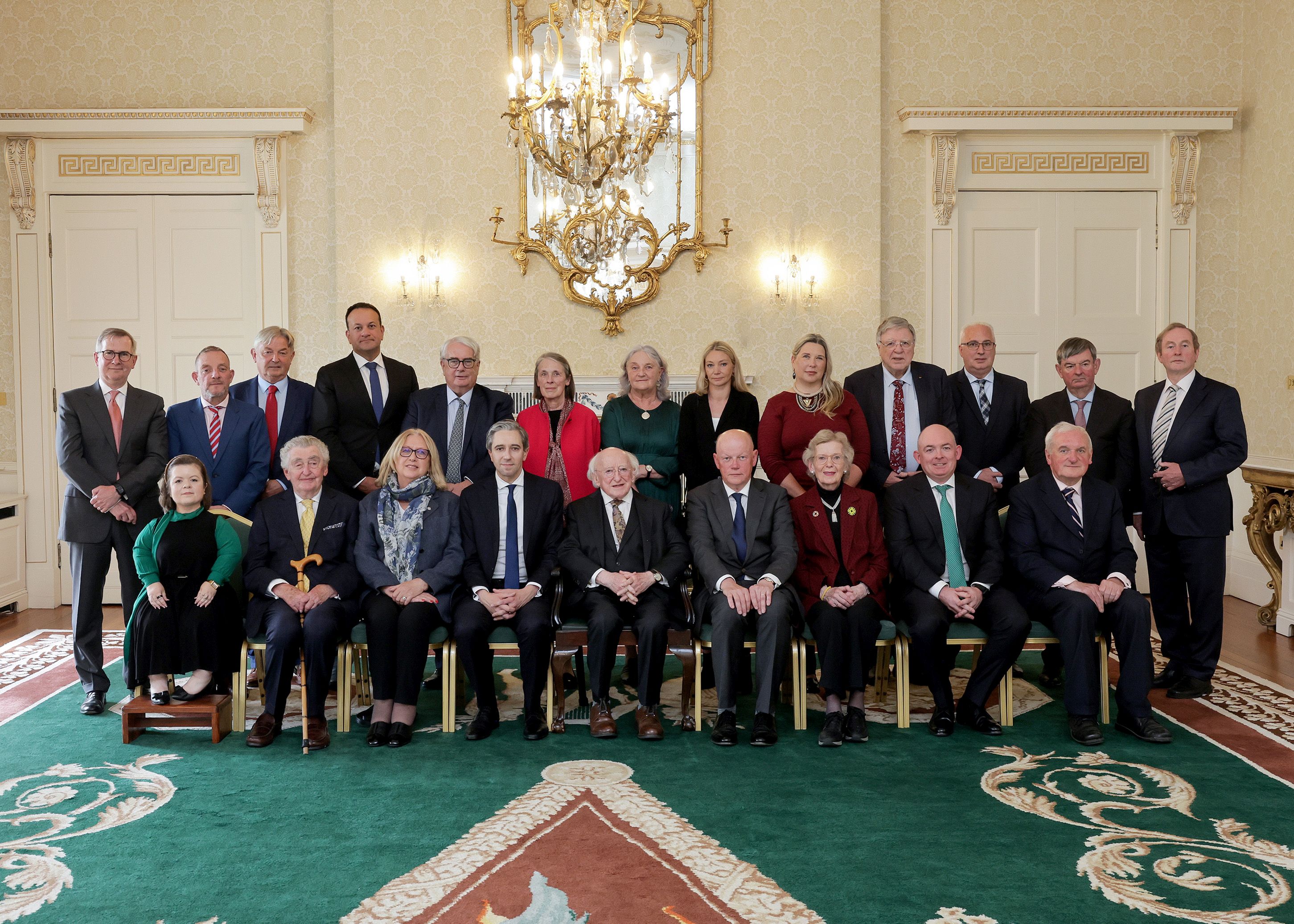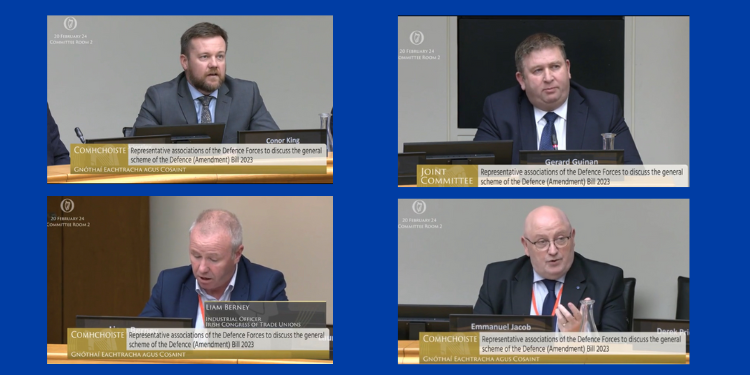The Irish Defence (Amendment) Bill 2024
In December 2023, the Department of Defence (Irish Ministry of Defence) introduced proposals for amendments to the Irish Defence Acts. These proposed amendments would significantly impact the scope of representation and were drafted by the Department and submitted to cabinet (and approved) without any consultation with the Representative Associations.
The Bill provides for the establishment and operation, on a statutory basis, of the External Oversight Body, which was a welcome recommendation of the Independent Review Group. However, it specifically provides that the Oversight Body will oversee recruitment, matters related to induction, training, performance management and selection for promotion. The inclusion of the Secretary General of the Department of Defence as an ex officio member has been identified by speakers from all Government parties (including a former Attorney general and a former Justice Minister) as presenting a clear conflict of interest, and of damaging credibility, independence and autonomy.
The Bill also provides a statutory basis for the Minister for Defence to authorise the Irish Defence Forces representative associations (RACO and PDFORRA) to associate with the Irish Congress of Trade Unions (ICTU). While the overarching intent is welcome, the language is overly restrictive regarding the operation and advocacy of representative associations and seeks to prohibit public comment on matters of Government policy. To be clear; Defence Forces representative associations have never had an issue with the prohibition that exists within existing regulations regarding commentary on political matters; however, a new prohibition in primary legislation (the Defence Act) regarding commentary on matters of Government policy could, in the wrong hands, make our roles almost impossible. Both associations attempted to explain this to the Minister for Defence but our calls for an easing of this particular restriction were not heeded.
Also, the Bill had originally sought to exclude both the Director of Military Prosecutions and the Military Judge from membership of RACO without
In his testimony to the Irish Parliamentary Defence Committee, EUROMIL President Emmanuel Jacob said:
“EUROMIL has stood behind its Irish colleagues since the first steps in the implementation of association law. Despite some limitations, Irish progress over the decades has been used as a positive example of how to gradually establish a system based on consultation and national traditions and culture. The decision on the merits of the European Committee of Social Rights regarding collective complaint No. 112/2014 EUROMIL v. Ireland, published in February 2018 and adopted by the Committee of Ministers on 10 April 2018, was clear regarding the violation of Art 5 and 6§2 of the European Social Charter.
However, EUROMIL fears that the positive progress and implementation of various rights, through proposed restrictions, in particular in the Heads 25 and 26 of the Defence (Amendment) bill 2023, will hinder the social dialogue and relationship in a framework of mutual respect. This would not only be detrimental to the military personnel themselves but also to the Irish armed forces as a whole. In modern European armed forces, the principles of freedom of speech, the right of consultation, and freedom of expression are considered essential pillars, fostering a culture of open dialogue, collaboration, and individual expression to enhance effectiveness, adaptability, and democratic values within the military framework.”

However, the President ultimately decided not to refer the Bill to the Supreme Court, and to sign the Bill into law. In so doing, he has kept the possibility of a court challenge to it being taken in the future alive, which would not have been possible had he referred it to the Supreme Court. He explained that his decision to sign this legislation does not close off any actions sought by any member of the Defence Forces, or their representative association, to challenge the provisions of the Bill in the future.
While the Defence Amendment Bill contains some sensible, necessary legislative provisions, these amendments regarding Representative Associations could, if made law, result in the potential suppression of employee voice in the Defence Forces. No Department or entity in a democracy should seek to make itself completely immune to constructive criticism, particularly in the face of failing recruitment and retention policies. The lack of meaningful consultation with Defence Forces representative associations throughout this process has been a source of significant concern to our members, but we must take solace in the repeated assurances by the Minister for Defence to the Parliament that our rights to represent our members will not be diminished, but rather enhanced by this legislation.
Our members note in particular that the Irish President’s decision to ultimately sign this legislation does not close off any actions sought by any member of the Defence Forces, or their representative association, to challenge the provisions of the Bill in the future, should that be required.
The signing of the controversial Defence (Amendment) Bill 2024 into law marks the culmination of a turbulent period for Defence Forces representation. It remains to be seen what impact these new restrictions in this legislation have on our citizens in uniform.

